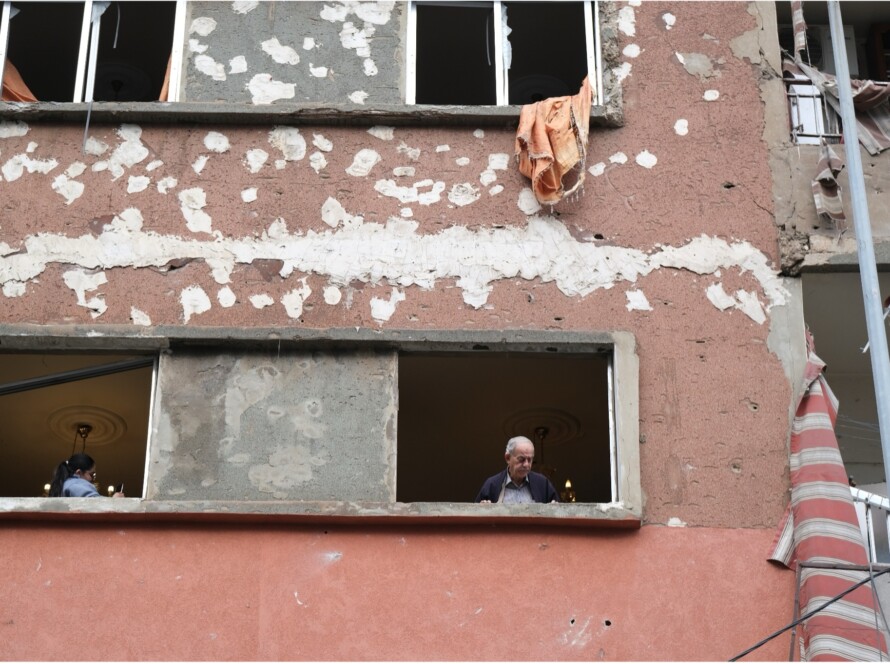Executive Summary
The purpose of this survey is to gather rapid insights on the impact of Covid-19 on multi-purpose cash recipients and their ability to access and spend their assistance.
In late March and April 2020, the NRC-co-led Cash Monitoring, Evaluation, Accountability and Learning Organizational Network (CAMEALEON) conducted a two-round survey to gather insights on the impact of Covid-19 and the economic crisis on Syrian refugees receiving multi-purpose cash (MPC) in Lebanon, from the World Food Programme (WFP).
The March survey findings suggest that the early phase of the Covid-19 outbreak changed households spending patterns, with families buying more hygiene items as far as they can afford them, at the expense of taking out additional debt and reducing other expenditures related to basic needs. This is in a context of reduced access to livelihood opportunities after the protests and due to the economic crisis as well as travel restrictions, which has been exacerbated by the Covid-19 pandemic. MPC recipients also reported concerns about their ability to access to ATMs, the liquidity of ATMs, and the risk of infection to themselves and their families.
The findings from the April survey, which followed 80 per cent of the same household sample, indicate that households were able to withdraw MPC assistance, despite concerns expressed the previous month that this might not be possible because of the national lockdown. Most respondents also said they felt safe withdrawing assistance and traveling to and from ATMs, despite concerns expressed in the previous survey. The majority of respondents were able to practice Covid-19 related safety precautions at ATMs, such as standing 1.5 metres apart, and over half had access to support personnel while withdrawing. This suggests that the MPC programme is proving resilient despite the very challenging external context, and that programme adaptations that are being introduced enabled the majority of respondents to still withdraw assistance successfully.





